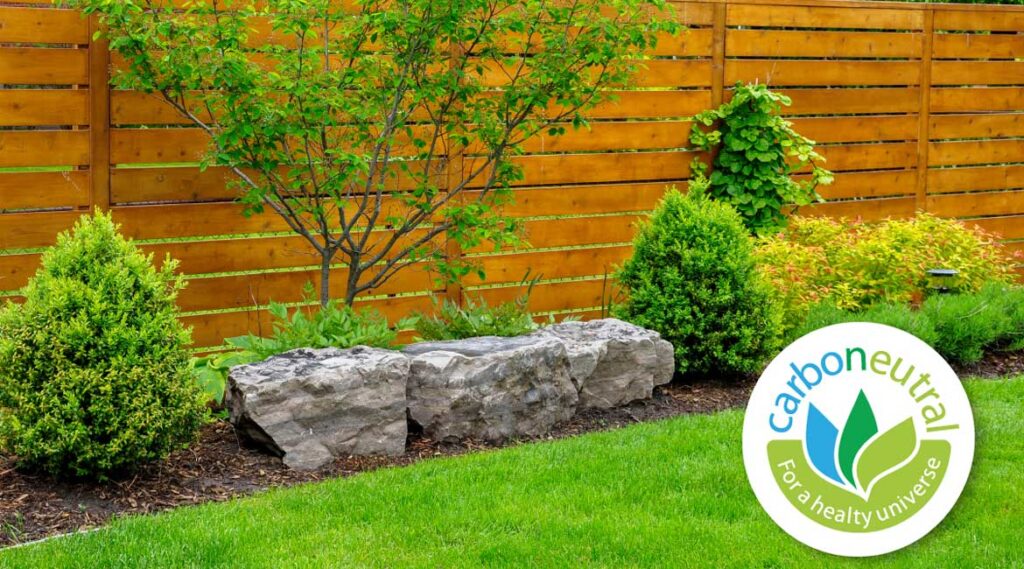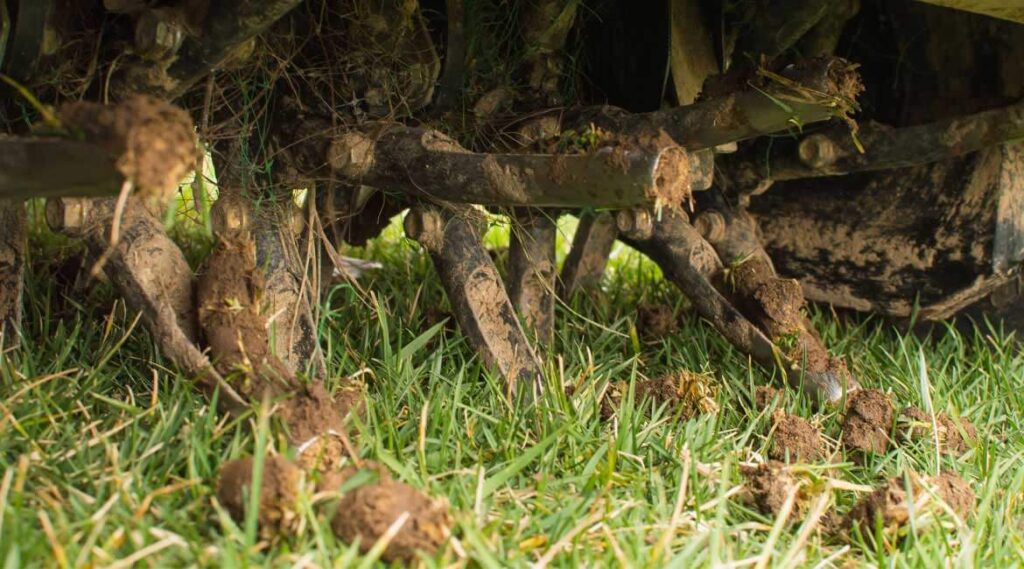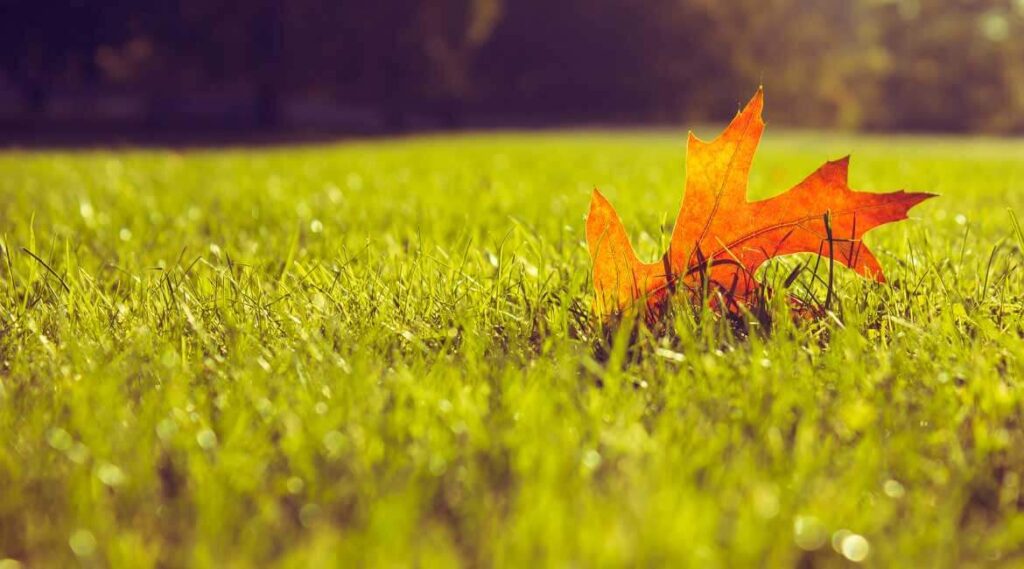In addition to lowering the ambient temperature by several degrees, filtering pollutants and dust from the air, and providing a safe and enjoyable play area for children – and older children – the lawn is a favorite plant, especially in urban areas. In fact, your lawn is a real oxygen-producing and carbon-sequestering factory. The denser, stronger and healthier your lawn, the better it fulfills its environmental role, which is why it’s important to give it the right care, with the right tools, so that your green space doesn’t require more resources than it produces.
Your landscaping, an ally in the urban environment
Lawns are unrivaled in the importance of their root system, and their water and soil retention potential is very impressive. Without the presence of grassed areas, during heavy rains, often referred to as “floods”, large quantities of soil would be washed into the sewer system, which could have important consequences: blockages, backups, flooding, etc. There is nothing worse than bare soil clogging a water harvesting system. Of course, all plants play an important role in the environment, and having a complete landscape that includes the full range of plants: lawns, annuals, perennials, shrubs and trees will take you one step closer to carbon neutrality.
For a positive balance: maintain responsibly
While having plants reduces your greenhouse gas emissions, maintaining them can have disastrous consequences! Several small actions can bring your balance sheet back into the positive, including:
- Use hand or power tools instead of gasoline-powered ones. Avoid two-stroke engines at all costs: a disaster!
- Put the right plant in the right place. This basic principle of horticulture should be your leitmotiv as a gardener. Always prioritize the needs of the plant before the look, your plant will need less care and less inputs (fertilizer, water, etc.) to be at its best.
- Have some tolerance. To be sustainable and healthy, your plants, including the lawn, don’t have to be “perfect.” Some plants considered undesirable, in small quantities, can live in harmony with your landscape.
- Consume water properly: water only when needed and deeply, collect rainwater, correct drainage problems, group plants with similar needs… in short, avoid waste!
- Observe optimal cultural practices to improve the quality of your landscaping: pruning, mowing, fertilizing, herbiculture, etc.
Entrust the maintenance of your lawn to a Nutrite Expert, a carbon neutral gesture
By entrusting your lawn to your Nutrite Expert, you are taking another step towards carbon neutrality. In fact, all members of the Nutrite Expert Network have committed to offsetting all their GHG emissions by planting trees and reforesting banks and shorelines (see our accomplishments). In addition to improving the quality of your lawn and making the right recommendations to ensure that your sustainable lawn is healthy, which is sure to improve your carbon footprint, your Nutrite Expert is responsible for offsetting the GHGs for these actions: a positive outcome all around!




